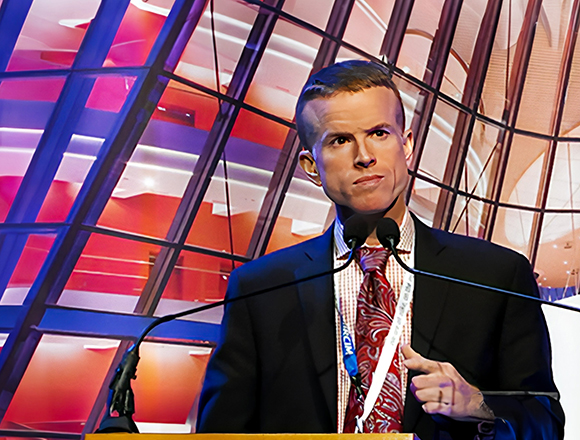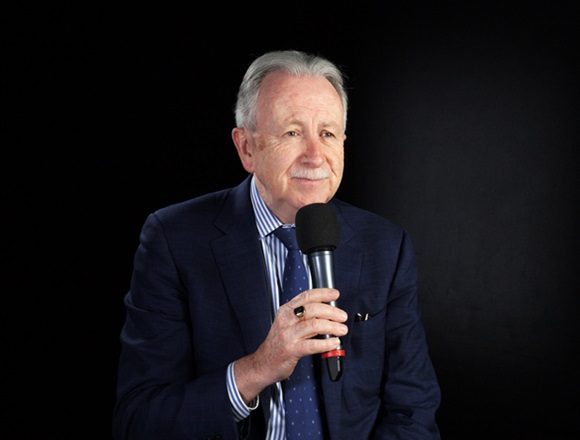Paul O’Byrne, MB, is dean and vice-president of the Faculty of Health Sciences at McMaster University. He is also a Distinguished University Professor of Medicine. His research interests are on the mechanisms and treatment of asthma, particularly the role of environmental allergens and the mechanisms by which these cause airway inflammation. He has served as chair of the executive committee of the Global Initiative for Asthma (GINA).
Can the biologic treatment used in asthma promote permanent remission of the disease?
Paul O’Byrne, MB: The hope that asthma remission might occur in patients being treated with a biologic is an issue of very intense research currently. One of the challenging parts to this, however, is how you define remission, what do you mean by remission? If remission means, as it might say in cancer treatment, a permanent remission, where you can stop the medication and the disease is gone or the patient is cured, there’s no evidence that occurs with asthma with biologics. So, if you stop the biologic, the symptoms, the exacerbation risk will return.
If by remission you mean patients being completely normal, having no symptoms, having normal lung function, not having exacerbation risk, not requiring oral corticosteroids, then we do see that in patients on biologics. Again, it varies a little bit from study to study, but studies would suggest maybe 30% to 40% of patients, maybe a little higher with some of the biologics, actually achieve that degree of remission. But as I said, if the biologic is stopped, unfortunately the symptoms tend to recur.
 English
English
 Español
Español
 українська
українська






